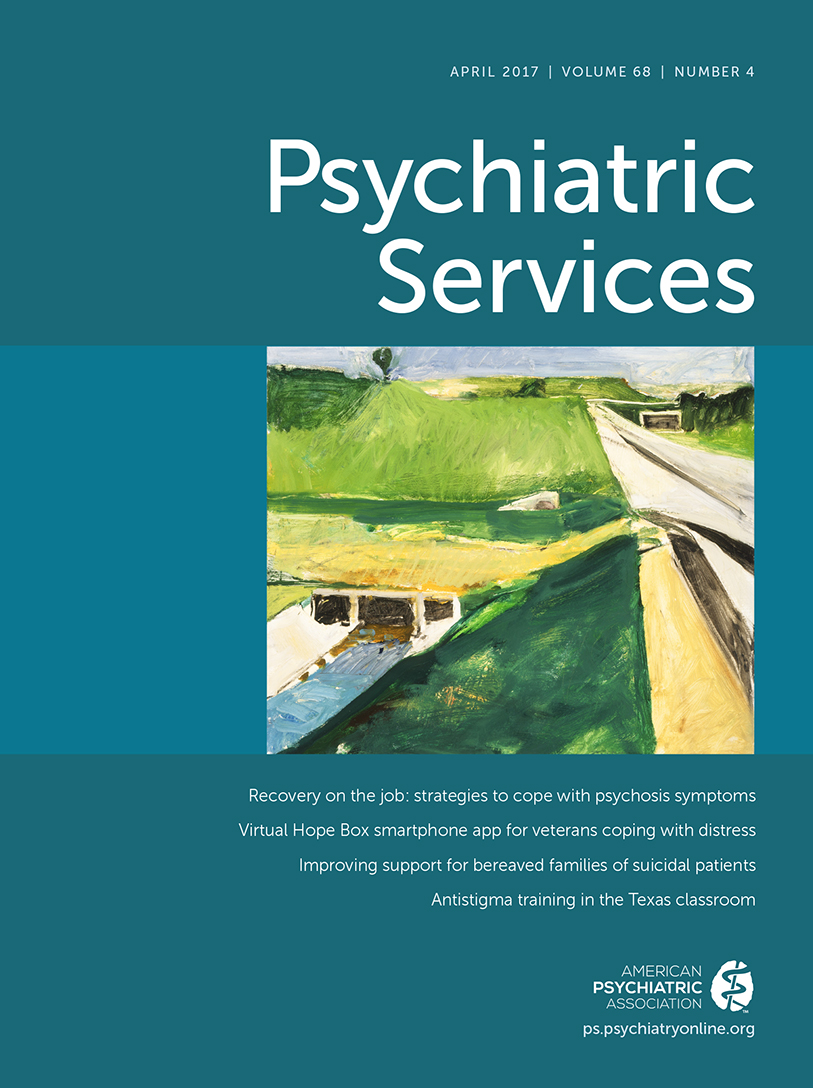Effects of Family-to-Family Psychoeducation Among Relatives of Patients With Severe Mental Disorders in Mexico City
Abstract
Objective:
This study examined the effects of a three-month Family-to-Family (FTF) Education Program on expressed emotion and subjective knowledge about mental illness among relatives of Mexican patients with severe mental disorders.
Methods:
A total of 230 relatives of patients with severe mental disorders completed self-reported questionnaires before (pretest) and after (posttest) the FTF program.
Results:
FTF led to reductions in negative emotional attitudes and improved the understanding of the disorder, regardless of sex or age of the relative.
Conclusions:
This study supported the evidence-based practice of FTF in a Mexican population and confirmed the importance of providing routine family psychoeducation as an additional component of health care service provision for relatives of people with severe mental illness in the community.



